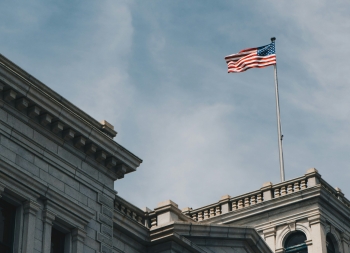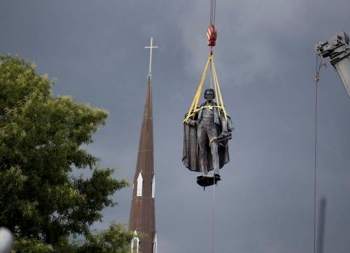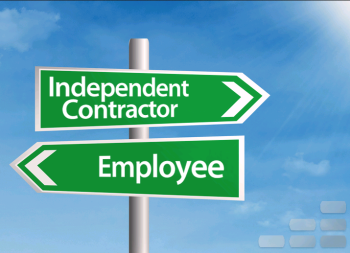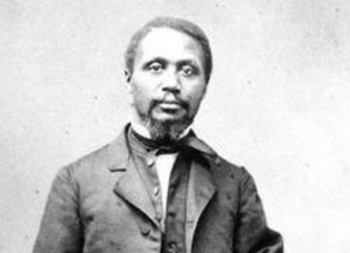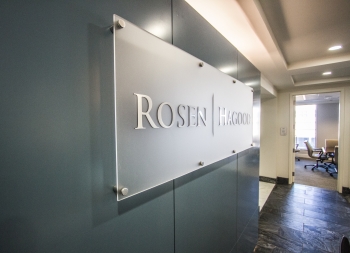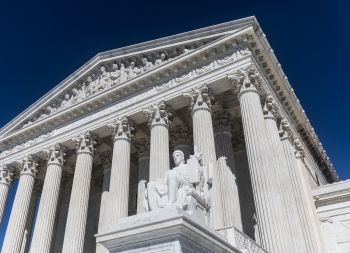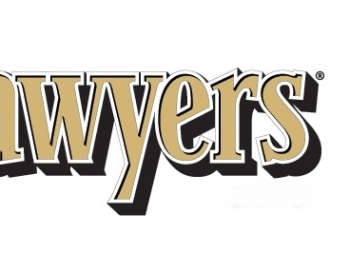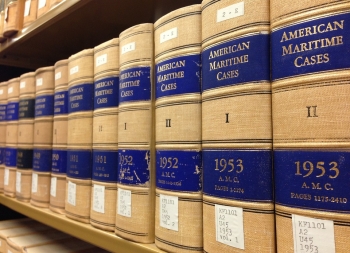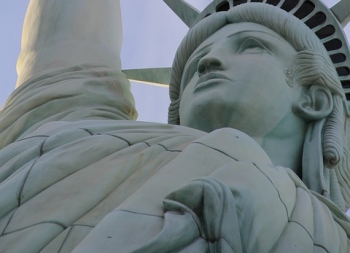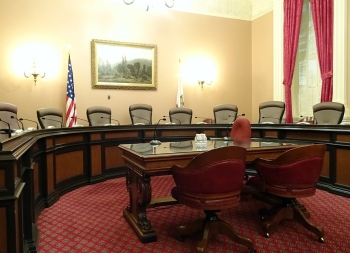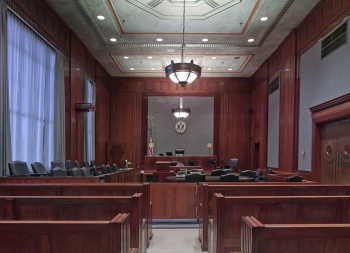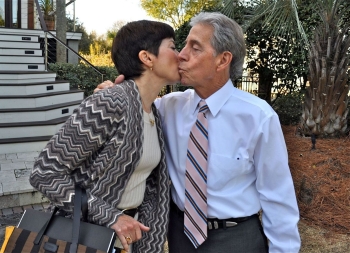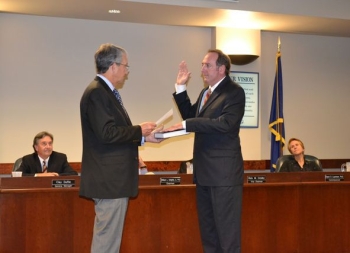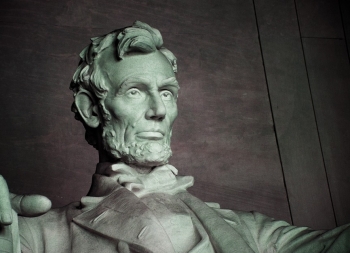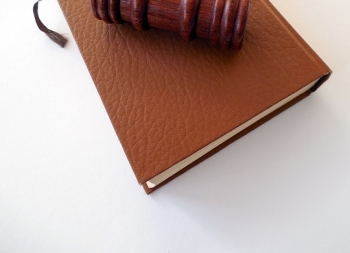How Will the Recent US Supreme Court Holding About Arbitration Waiver Requirements Impact South Carolina Law?
A recent decision by the U.S. Supreme Court in Morgan v. Sundance Inc., 596 U.S. 411 (2022), addressed the issue of the enforceability of arbitration agreements in contracts and the ability of the federal courts to create arbitration-specific waiver rules. Before Morgan, the US Circuit Courts of Appeals had not reached a consensus over the standard for determining whether a party to an arbitration agreement covered by the Federal Arbitration Act (FAA) had waived the right to arbitrate. More specifically, whether the court needed to find a showing of prejudice against the non-moving party.
While the Seventh and D.C. Circuits did not find prejudice to be a requirement, the Tenth Circuit had held that prejudice was relevant, but not necessary to find the right to arbitrate waived. All other Circuits (including the Fourth Circuit which hears appeals from federal courts in South Carolina, North Carolina, Maryland, Virginia, and West Virginia) found that prejudice was required to find the arbitration agreement had been waived.
Since 1985 South Carolina’s state courts have followed the lead of those federal court decisions holding that to establish a waiver of arbitration rights, a party must show prejudice through an undue burden caused by a delay in demanding arbitration. Sentry Eng’g & Const., Inc. v. Mariner’s Cay Dev. Corp., 287 S.C. 346, 351, 338 S.E.2d 631, 634 (1985); Gen. Equip. & Supply Co. v. Keller Rigging & Constr., Inc., 344 S.C. 553, 556, 544 S.E.2d 643, 645 (Ct. App. 2001); Liberty Builders, Inc. v. Horton, 336 S.C. 658, 668, 521 S.E.2d 749, 754 (Ct. App. 1999). These cases have declined to establish a specific length of time in which a party must participate in litigation before their demand for arbitration places an undue burden on the opposing party. The court in General Equipment found there was no waiver of the right to arbitrate when the party seeking the arbitration had been involved in litigation for less than 8 months. Gen. Equip., 344 S.C. at 557, 544 S.E.2d at 645. In comparison, the court in Liberty Builders found there was a waiver of the right to arbitrate when the party demanding arbitration had been involved in litigation for two and a half years. Liberty Builders, 336 S.C. at 666, 521 S.E.2d at 753-54.
In Morgan, an employee of Sundance signed an agreement to arbitrate any employment dispute. The employee filed an action asserting that Sundance had violated federal law regarding overtime pay and Sundance initially defended against the lawsuit in federal court, including pursuing a motion to dismiss, answering the complaint, and participating in an unsuccessful mediation. Eight months later, Sundance changed course and moved to stay the litigation and compel arbitration. The opposing party argued that Sundance had waived its right to arbitration by litigating for so long. The Eighth Circuit held a showing of prejudice is required to waive the right to arbitration and referred the case to arbitration because prejudice not been shown despite the eight months of litigation in the trial court.
The Eighth Circuit traditionally followed precedent stating that a party waives its right to arbitration if it knew of that right; acted inconsistently with that right; and prejudiced the other party by its inconsistent actions. Erdman Co. v. Phoenix Land & Acquisition LLC, 650 F. 3d 1115, 1117 (8th Cir. 2011). The Eighth Circuit held the FAA’s policy favoring arbitration justified a requirement that prejudice must be proved to find a waiver of the right to arbitration.
On appeal, the U.S. Supreme Court overturned that decision and held a party is not required to show prejudice to establish that an opposing party has waived its right to arbitrate by litigating in court. The court rejected an arbitration-specific waiver rule. This means that courts must follow ordinary waiver principles in determining whether a party waives the right to arbitrate. Unlike the test applied by nine of the US Circuit Courts of Appeals in the arbitration context, federal waiver law outside that context generally does not have a prejudice prong. Instead, the court noted that waiver is determined based on the actions of the party who holds the right to waive arbitration rather than the effect those actions have on the other party. A waiver normally is effective without proof of detrimental reliance or a change in position.
What Does This Mean for South Carolina State Law?
South Carolina state courts historically have followed the approach adopted by the Fourth Circuit, requiring a showing of prejudice to waive the right to arbitration, so this change in federal law could change the way that South Carolina state courts handle these cases going forward if they continue to adhere to the federal approach. If so, in determining waiver, our state courts will look to the conduct of the party seeking arbitration rather than the effect that conduct has on the other party. Prejudice no longer will be a part of the calculus.
This means that parties will have to adjust their litigation strategy to avoid unintentionally waiving their right to compel arbitration. According to one federal court, parties who intend to arbitrate must avoid “consistently and actively” litigating their cases. Hurley v. Deutsche Bank Tr. Co. Americas, 610 F. 3d 334, 339 (6th Cir. 2010). By avoiding taking actions inconsistent with arbitration, engaging in discovery, filing certain motions, and spending too much time litigating before demanding arbitration, parties can protect themselves from unintentionally waiving their arbitration rights.
























